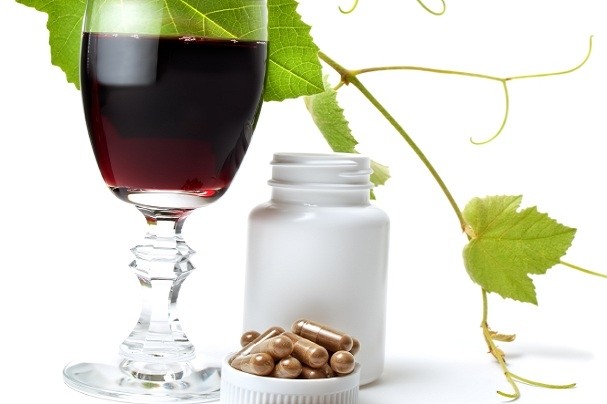Special edition: Cognitive health
Resveratrol
Resveratrol, a powerful polyphenol and anti-fungal chemical, is often touted as the bioactive compound in grapes and red wine, and has particularly been associated with the so-called 'French Paradox'.
While many research dollars have been spent exploring the potential cardiovascular benefits of the polyphenol, some evidence supports a potential role for the ingredient in brain health.
A 2010 paper published in the American Journal of Clinical Nutrition (doi:10.3945/ajcn.2009.28641) from UK-based scientists reported that a single dose of 250 or 500 milligrams of resveratrol may boost blood flow in the brain but did not affect cognitive performance.
“The results of the current study provide the first indication in humans that resveratrol may be able to modulate cerebral blood flow variables,” wrote the researchers, led by David Kennedy from the Brain, Performance and Nutrition Research Centre at Northumbria University.
“Thus, it seems reasonable to suggest that the potential effects of this molecule on brain function deserve a great deal more research attention with a clear focus on both healthy humans and pathologic groups,” they added.
A new study by scientists from the Max Planck Institute for Human Cognitive and Brain Sciences in Germany reported that 26 weeks of resveratrol supplements at a dose of 200 mg per day was associated with improved memory performance and glucose metabolism in older adults (J Neurosci. 2014, Vol. 34, pp. 7862-70).
“Our findings offer the basis for novel strategies to maintain brain health during aging,” they concluded.


























